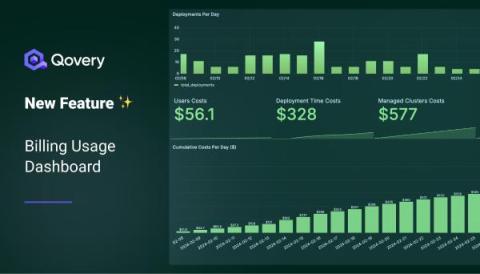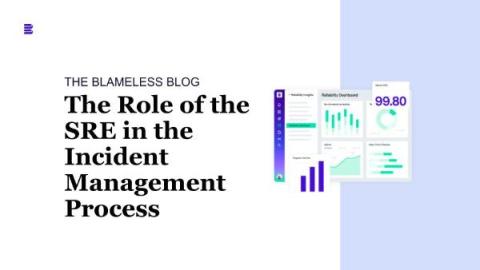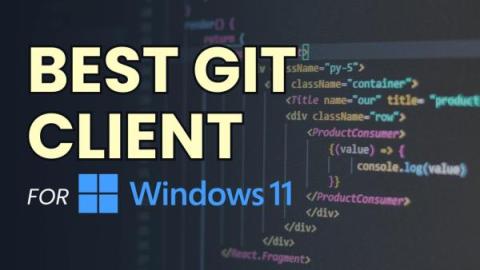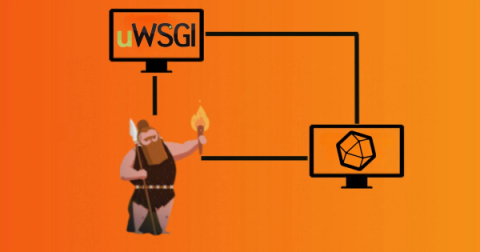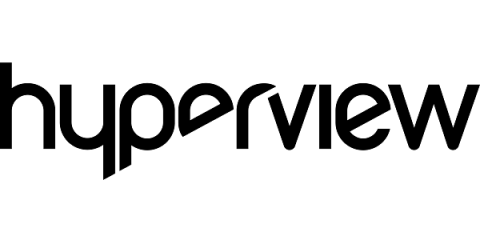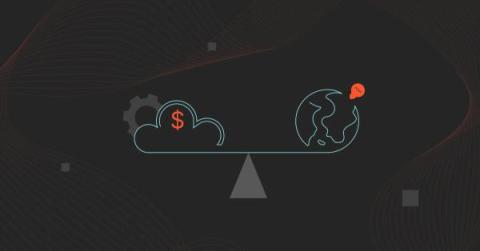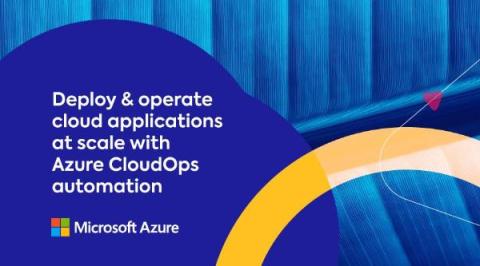New Feature: Billing Usage Analytics Dashboard
I am thrilled to introduce to you our new billing analytics feature, now generally available to all our users. This feature is designed to empower you with insights into your Qovery usage, enabling you to monitor, control, and optimize your cloud expenses effectively.


